Canada's mortgage market in the new trade war era
Have Donald Trump’s tariffs sounded the death knell for Canada’s spring housing market? Home sales across the country slid to their lowest level for nearly three years in February as a bruising trade war with the US loomed into view, pushing buyers to the sidelines and raising fears of an economic downturn.
Government data showing the Canadian economy lost about 33,000 jobs last month only deepened that gloom, with employers shedding 62,000 full-time positions and only a bump in part-time employment (by about 30,000 jobs) helping partially offset those losses.
The trade shock from Trump’s tariffs, which include sweeping charges on Canadian automakers, steel and aluminum, is “much bigger than anyone anticipated,” according to Scotiabank vice president and head of capital markets economics Derek Holt.
He noted after Friday’s jobs numbers that the Bank of Canada usually responds “dovishly” to negative economic developments of that kind – but mortgage market watchers shouldn’t count on the central bank rushing to bring rates lower, even as speculation surges on a potential emergency cut by the Federal Reserve south of the border.
Holt said he “[doesn’t] think [the Bank of Canada] will much care about these jobs numbers” alone, while Bank of Montreal (BMO) chief economist Doug Porter said decisionmakers still seem inclined toward a cautious outlook.
“The BoC will likely still want to see more data before cutting rates further,” he said. “Falling energy prices and the end of the carbon tax will help dampen inflation pressures… However, the Bank has made it clear it is cautious about further cuts at this point.”
Mortgage professionals brace for turbulent months ahead
Unsurprisingly, Trump’s tariffs are being closely watched by mortgage professionals as they weigh up how to advise clients on an extremely fluid and unpredictable situation, one whose implications for the mortgage market remain unclear.
Few are under any illusions about the potential damage a trade war could cause to economies on either side of the border.
“I’m following the market and economy and the financial status of everybody just because we deal with clients on a daily basis and we want to make sure we’re advising accordingly,” Rasha Ingratta, of Mortgage Intelligence, told Canadian Mortgage Professional.
“Bringing tariffs into play, Donald Trump is wanting to build a wealthy economy in the States. I think it’s going to do the opposite. It’s going to hurt the consumer who’s going to pay for all of this, the consumer. It’s going to hurt their pocket. We’re going to see unemployment. We’ll probably see a recession.”
BoC reluctant to cut – but fixed rates could be on the way down
A sliver of good news could be the likelihood that interest rates on both the fixed and variable sides will eventually fall, Ingratta said, even if the Bank of Canada is unwilling to countenance an immediate rate cut in the coming weeks.
“Whatever happens in the States happens in Canada. And if there’s turmoil and economic toxicity in the States, it affects Canada,” she said. “And interest rates go down when there’s economic volatility. When things are great, interest rates go up.
“We saw that after COVID: in 2022, people were spending money. They all came out of their homes. They’re going on vacation. There’s lineups at restaurants and airports and there was just a lot of money in the market. Interest rates went up.”
10-year Government of Canada bond yields, which heavily influence the direction of fixed mortgage rates, have plunged over the past week amid Trump’s tariff chaos, diving to their lowest level for nearly two years and hovering around the 2.47% mark at time of writing.
But the prospect of thousands of jobs being put at risk during a trade war means the housing market is unlikely to boom, even if rates continue to tick lower.
“The huge risk the US trade war poses to Canada’s economy – with significant potential job losses in communities that highly depend on trade with the US – has prompted many market participants to adopt a wait-and-see approach,” Royal Bank of Canada (RBC) said in a recent housing market analysis.
“We see the housing market remaining on edge as long as tariff threats persist. Affordability consideration will likely take a backseat.”
Source CMP
By Fergal McAlinden
